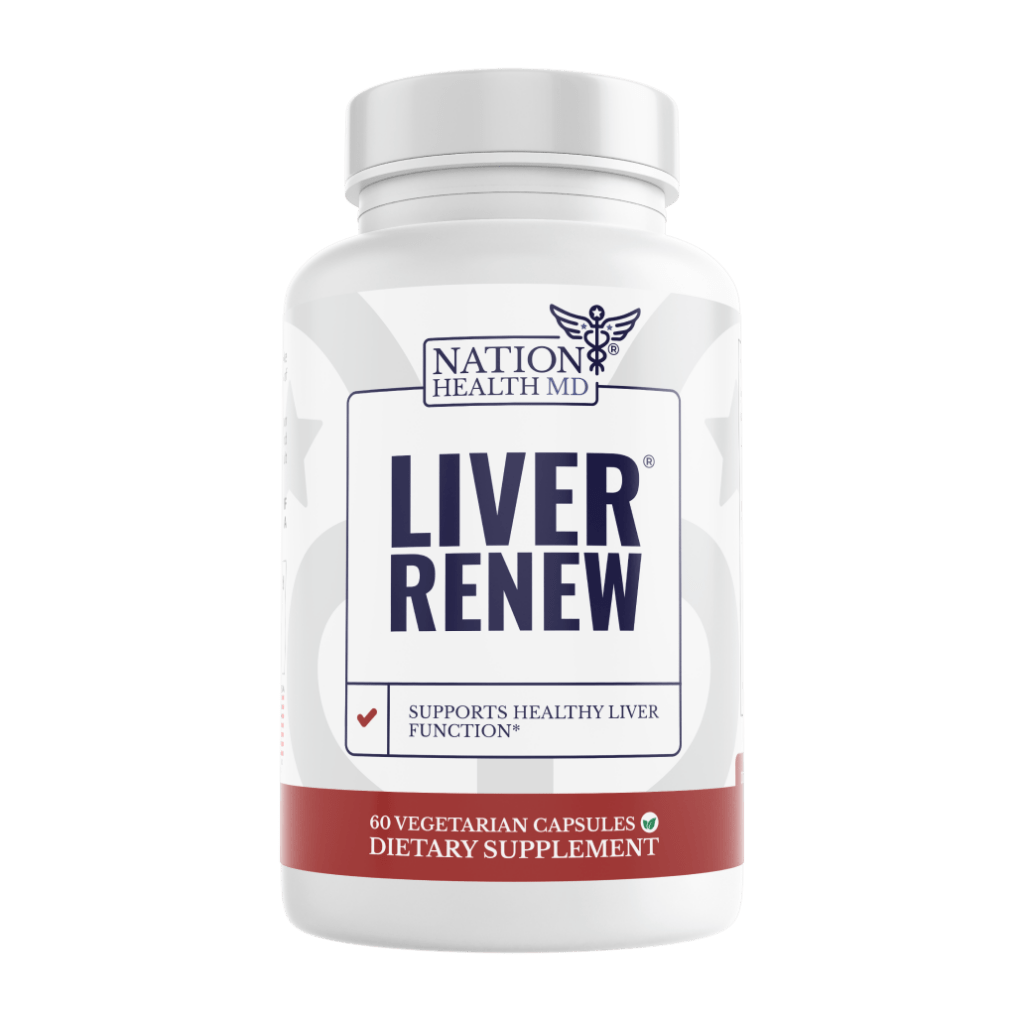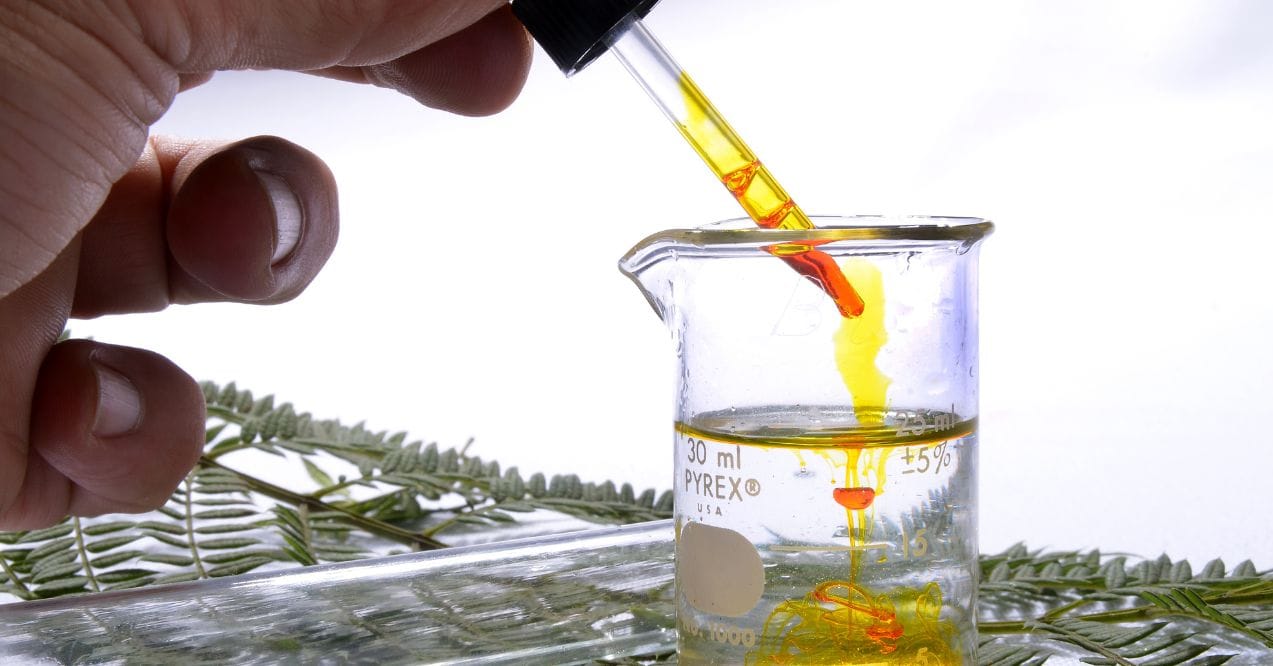Can Stress Cause Elevated Liver Enzymes?
Medically reviewed by our experts


Can stress cause elevated liver enzymes? Stick by as we unravel that for you. Our livers work silently to keep us healthy. These incredible organs assist in detoxification. They are also important in protein synthesis and bile production. However, the liver can feel the strain of our modern lives.
Many of us deal with stress daily due to the personal obstacles we find in life. Persistent stress affects our whole body.
In this article, we will examine the relationship between stress and liver health. We’ll review how stress can affect liver enzymes and the implications this has for your general health.
Key Article Findings
- Stress and Liver Health Connection: Chronic stress can lead to elevated liver enzymes through mechanisms like reduced blood flow, increased cortisol production, cellular damage, oxidative stress, and lifestyle changes.
- Liver Enzymes’ Role: Liver enzymes are essential for protein synthesis, detoxification, and biochemical production. Maintaining their optimal levels is crucial for liver health.
- Managing Stress for Liver Health: Incorporating relaxation techniques, a healthy diet, regular exercise, and quality sleep can reduce stress and support liver health by lowering cortisol levels and inflammation.
What Are Liver Enzymes?
Your liver functions like a non-stop factory. It relies on workers to keep things running efficiently and smoothly. These workers are liver enzymes. Liver cells use the enzymes for important chemical reactions. It is essential to measure the levels of these enzymes on a regular basis and always aim below a certain threshold.
The most significant liver enzymes needed in your body include:
- Aspartate transaminase (AST) (SGOT)
- Alkaline phosphatase (ALP) (SGPT)
- Alanine transaminase (ALT)
- Gamma-glutamyl transferase (GGT)
How Can Stress Cause Elevated Liver Enzymes?

Scientists are still finding the relationship to have a clear answer to this question. Even so, the doubt continues to linger in you, “How can stress cause elevated liver enzymes?” Current research suggests several ways chronic stress might impact your liver function:
- Reduced Blood Flow
When we’re stressed, our body diverts blood flow away from non-essential functions and toward places where it requires a reaction. This temporarily reduces blood flow to the liver, affecting its working condition.
- Cortisol Overload
Chronic stress triggers the release of the stress hormone cortisol. Increased cortisol disrupts liver enzyme activities. As a result, it contributes to high inflammation.
- Cellular Damage
A study suggests that stress increases the activity of natural killer cells. These cells are important when fighting infections. However, excessive cells can mistakenly attack healthy liver cells, causing liver enzymes to leak into the blood.
- Oxidative Stress
Does stress cause elevated liver enzymes? Studies reveal that this condition elevates the generation of free radicals. The increased levels lead to oxidative stress. This oxidative damage harms liver cells in your body, making them release enzymes into the bloodstream.
- Behavioral Factors
Stress also leads to lifestyle changes. You might find yourself getting poor diets when stressed. That negatively impacts liver health. In the long run, your liver produces more enzymes, leading to poor well-being.
What Are the Solutions for Stress-Related Liver Symptoms?

There’s no doubt that stress can impact liver health. The good news is that you are capable of bringing change. Knowing how can stress cause elevated liver enzymes enables you to take self-care measures. Chronically elevated stress hormones like cortisol disrupt the balance within your liver. This disruption manifests through changes in enzyme regulation. It also manifests through inflammation responses throughout the body.
It’s important to note that these stress-induced changes occur gradually. They may not show themselves with immediate symptoms. However, understanding them will help you take measures to manage stress. It will also support your liver health before these issues escalate.
Here are some practical strategies you can incorporate into your daily routine:
- Prioritize Relaxation Techniques
Yoga should be your best friend. You also need to indulge in meditation and deep breathing. These activities will help you reduce stress hormones and promote calmness. Find what works best for your daily routine.
- Maintain a Healthy Diet
Eat fruits and vegetables to improve liver health. Also, whole grains will come in handy. These foods provide essential nutrients to support liver function. Limit eating processed foods. You also need to do away with saturated fats and excessive sugar.
- Exercise Regularly
Being physically active is a great way to de-stress. Medical professionals recommend 150 minutes of weekly moderate-intensity exercises. Make sure to divide that time among the different days of the week.
- Quality Sleep
One of the most crucial things you should do is rest. Your body can handle stress better after sleeping well. According to research, you need to get 7 hours of good sleep per night for optimum health.
Discover Liver Renew
Are you still asking yourself how can stress cause liver problems? Don’t worry. We have a long-lasting formula to that. Liver Renew is a natural supplement with milk thistle and turmeric. These components have qualities that improve the health of your liver.
Milk thistle includes silymarin, which may help protect your liver cells from oxidative stress. The curcumin found in turmeric also proves valuable in fighting against inflammation. All the constituents within this scientifically-backed supplement work synergistically to maintain healthy enzyme levels and support your liver’s natural detoxification processes. Consider incorporating Liver Renew into your daily routine to empower your body to handle stress more effectively.
Balancing Stress to Maintain Liver Wellness
Stress can potentially cause elevated liver enzymes through:
- Reduced blood flow to the liver
- Increased cortisol production
- Cellular damage from overactive natural killer cells
- Oxidative stress and free radical generation
- Negative lifestyle changes affecting diet and health habits
Chronic stress can disrupt liver enzyme regulation and trigger inflammation
Solutions for stress-related liver issues include:
- Practicing relaxation techniques (yoga, meditation, deep breathing)
- Maintaining a healthy diet rich in fruits, vegetables, and whole grains
- Regular exercise (150 minutes of moderate-intensity per week)
- Prioritizing quality sleep (7 hours per night)
Stress-induced liver changes occur gradually and may not show immediate symptoms.
Understanding the stress-liver connection helps in taking preventive measures.
Consistent self-care and stress management are crucial for maintaining liver health.
Liver enzymes accelerate chemical processes in the liver. They support protein synthesis and detoxification. Additionally, they aid in the production of the biochemicals required to improve liver functions.
Implementing stress management techniques can help reduce the burden on the liver. The methods reduce the production of cortisol. Therefore, the liver accumulates lower fat, leading to reduced inflammation.
Yes. First, ensure you have a healthy diet. It should have fruits and vegetables. Eating lean proteins and full grains would also be beneficial. Additionally, abstain from drinking too much alcohol and try to stay hydrated always to improve your liver health. Finally, regular physical activity also proves crucial to support optimal liver function.
Sookoian, S., & Pirola, C. J. (2015). Liver enzymes, metabolomics and genome-wide association studies: From systems biology to the personalized medicine. World Journal of Gastroenterology.
Joung, J., et al. (2019). A literature review for the mechanisms of stress‐induced liver injury. Brain and Behavior.
Witek-Janusek, L., et al. (2007). Psychologic stress, reduced NK cell activity, and cytokine dysregulation in women experiencing diagnostic breast biopsy. Psychoneuroendocrinology.
Professional, C. C. M. (n.d.). Oxidative stress. Cleveland Clinic.
Laskowski, E. (2023, July 26). Exercise: How much do I need every day? Mayo Clinic.
Watson, N. F., et al. (2015). Recommended amount of sleep for a healthy adult: A joint consensus statement of the American Academy of Sleep Medicine and Sleep Research Society. Sleep.
Popular Articles
Advertisement. This site offers health, wellness, fitness and nutritional information and is designed for educational purposes only. You should not rely on this information as a substitute for, nor does it replace, professional medical advice, diagnosis, or treatment. If you have any concerns or questions about your health, you should always consult with a physician or other health-care professional. Do not disregard, avoid or delay obtaining medical or health related advice from your health-care professional because of something you may have read on this site. The use of any information provided on this site is solely at your own risk.














